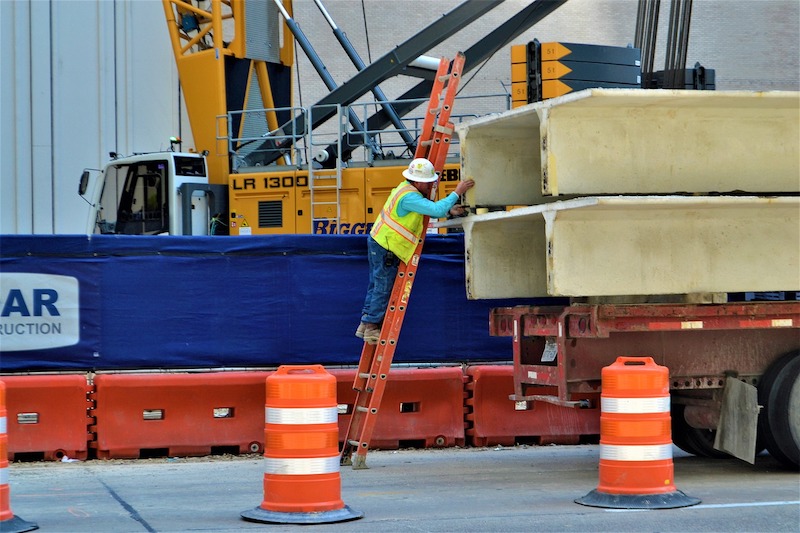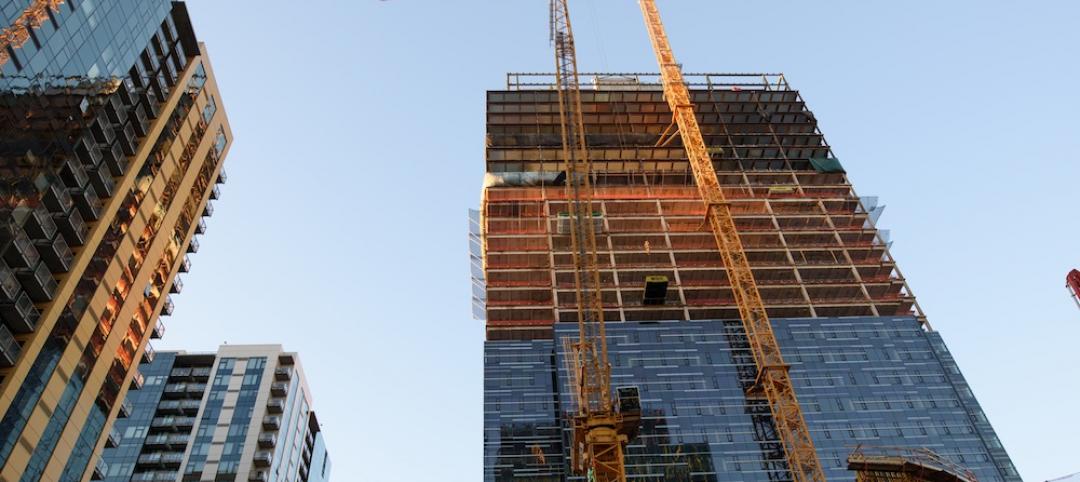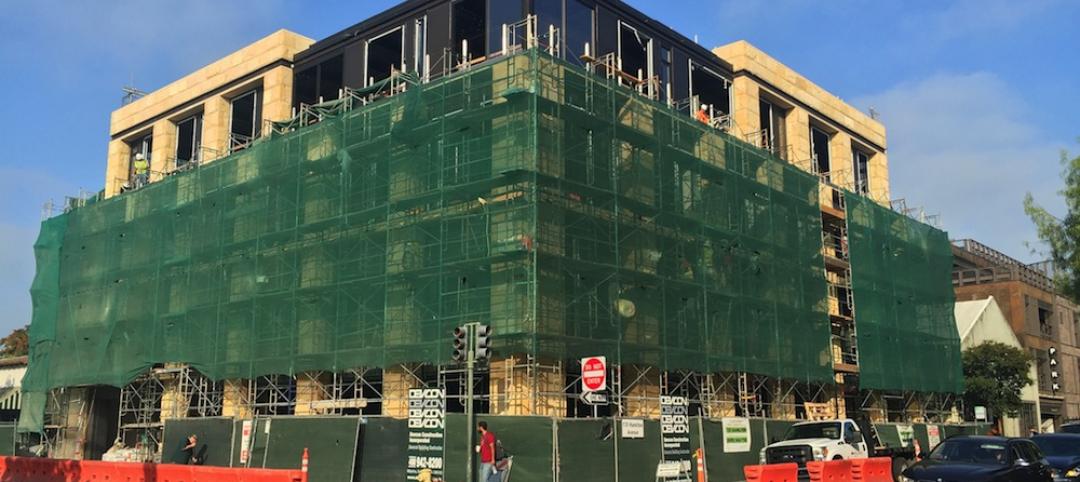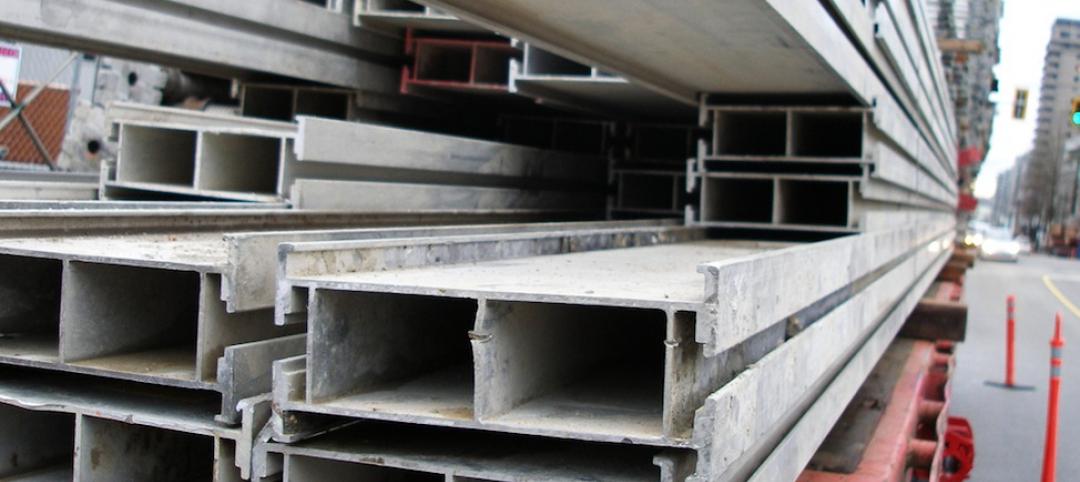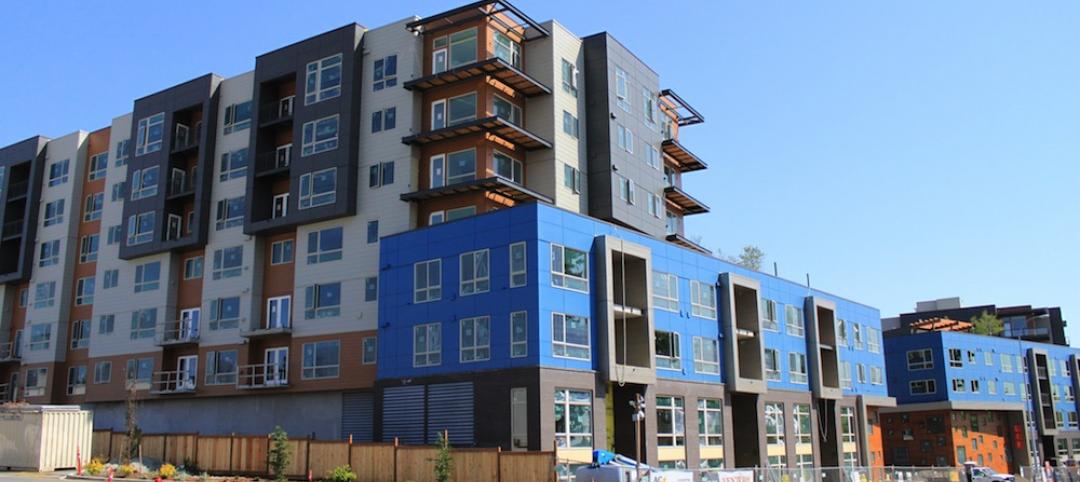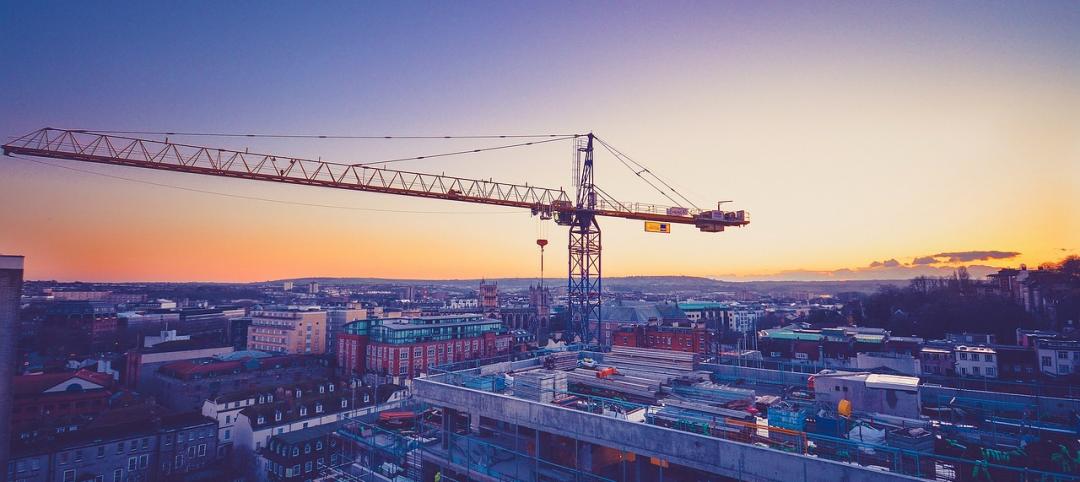Construction employment decreased from January 2020 to January 2021 in nearly two-thirds of the nation’s metro areas, according to an analysis by the Associated General Contractors of America of government employment data released today, as project cancellations and a lack of new orders have forced firms to reduce their headcount, the association’s latest contractor survey shows. Association officials said more layoffs are likely for the industry amid spiking materials prices and uncertain demand for new projects.
“More contractors are telling us they are cutting headcount than adding workers, which is consistent with the new data showing the industry is shrinking in many parts of the country,” said Ken Simonson, the association’s chief economist. “More than three-fourth of the firms said projects had been postponed or canceled, while only one out of five reported winning new work or an add-on to an existing project in the previous two months as a result of the pandemic. That imbalance makes further job losses likely in many metros.”
Construction employment fell in 225, or 63%, of 358 metro areas between January 2020 and January 2021. Industry employment was stagnant in 41 additional metro areas, while only 92 metro areas—26%—added construction jobs.
Houston-The Woodlands-Sugar Land, Texas lost the largest number of construction jobs over the 12-month period (-32,900 jobs, -14%), followed by New York City (-23,000 jobs, -15%); Midland, Texas (-11,100 jobs, -29%); and Chicago-Naperville-Arlington Heights, Ill. (-10,400 jobs, -9%). Lake Charles, La. had the largest percentage decline (-40%, -8,100 jobs), followed by Odessa, Texas (-37%, -7,600 jobs); Midland; and Laredo, Texas (-27%, -1,100 jobs).
Sacramento--Roseville--Arden-
Association officials are urging Congress and the Biden administration to work together to address rising materials prices, supply chain backups and invest in infrastructure. They are asking the administration to end tariffs on key construction materials, including steel and lumber, work with shippers to get deliveries back on track and pass the significant new infrastructure investments the president has promised.
“The construction industry won’t be able to fully recover and start adding jobs in significant numbers as long as materials prices continue to spike, deliveries remain unreliable and demand remains uncertain,” said Stephen E. Sandherr, the association’s chief executive officer. “Federal officials can’t fix every problem, but they can help by removing tariffs, helping hard-hit shippers and boosting investments in the nation’s infrastructure.”
View the metro employment 12-month data, rankings, top 10, multi-division metros. View AGC’s survey.
Related Stories
Market Data | Feb 4, 2016
Mortenson: Nonresidential construction costs expected to increase in six major metros
The Construction Cost Index, from Mortenson Construction, indicated rises between 3 and 4% on average.
Contractors | Feb 1, 2016
ABC: Tepid GDP growth a sign construction spending may sputter
Though the economy did not have a strong ending to 2015, the data does not suggest that nonresidential construction spending is set to decline.
Data Centers | Jan 28, 2016
Top 10 markets for data center construction
JLL’s latest outlook foresees a maturation in certain metros.
Market Data | Jan 20, 2016
Nonresidential building starts sag in 2015
CDM Research finds only a few positive signs among the leading sectors.
Market Data | Jan 20, 2016
Architecture Billings Index ends year on positive note
While volatility persists, architecture firms reported healthy performance for 2015.
Market Data | Jan 15, 2016
ABC: Construction material prices continue free fall in December
In December, construction material prices fell for the sixth consecutive month. Prices have declined 7.2% since peaking in August 2014.
Market Data | Jan 13, 2016
Morgan Stanley bucks gloom and doom, thinks U.S. economy has legs through 2020
Strong job growth and dwindling consumer debt give rise to hope.
Hotel Facilities | Jan 13, 2016
Hotel construction should remain strong through 2017
More than 100,000 rooms could be delivered this year alone.
Market Data | Jan 6, 2016
Census Bureau revises 10 years’ worth of construction spending figures
The largest revisions came in the last two years and were largely upward.
Market Data | Jan 5, 2016
Majority of AEC firms saw growth in 2015, remain optimistic for 2016: BD+C survey
By all indications, 2015 was another solid year for U.S. architecture, engineering, and construction firms.


